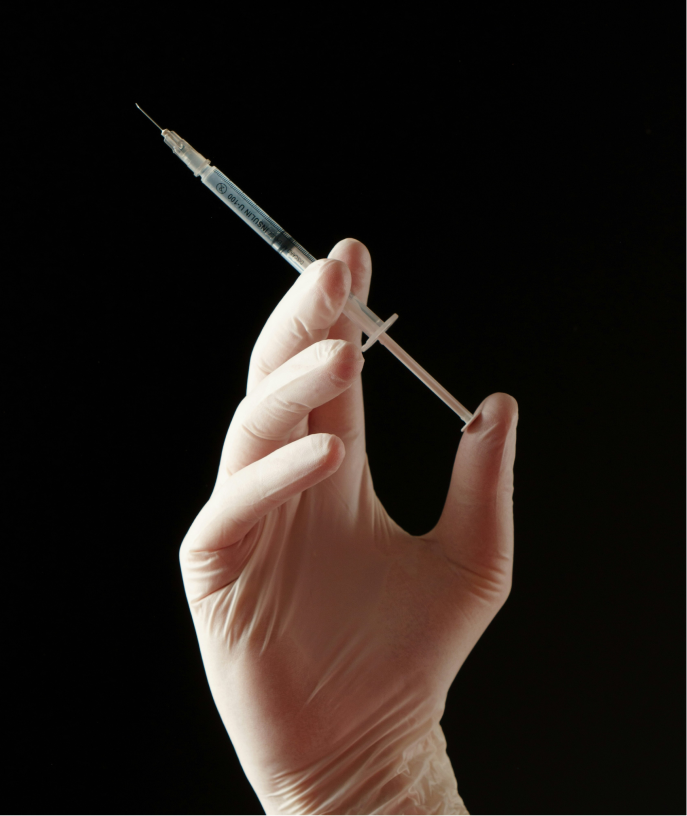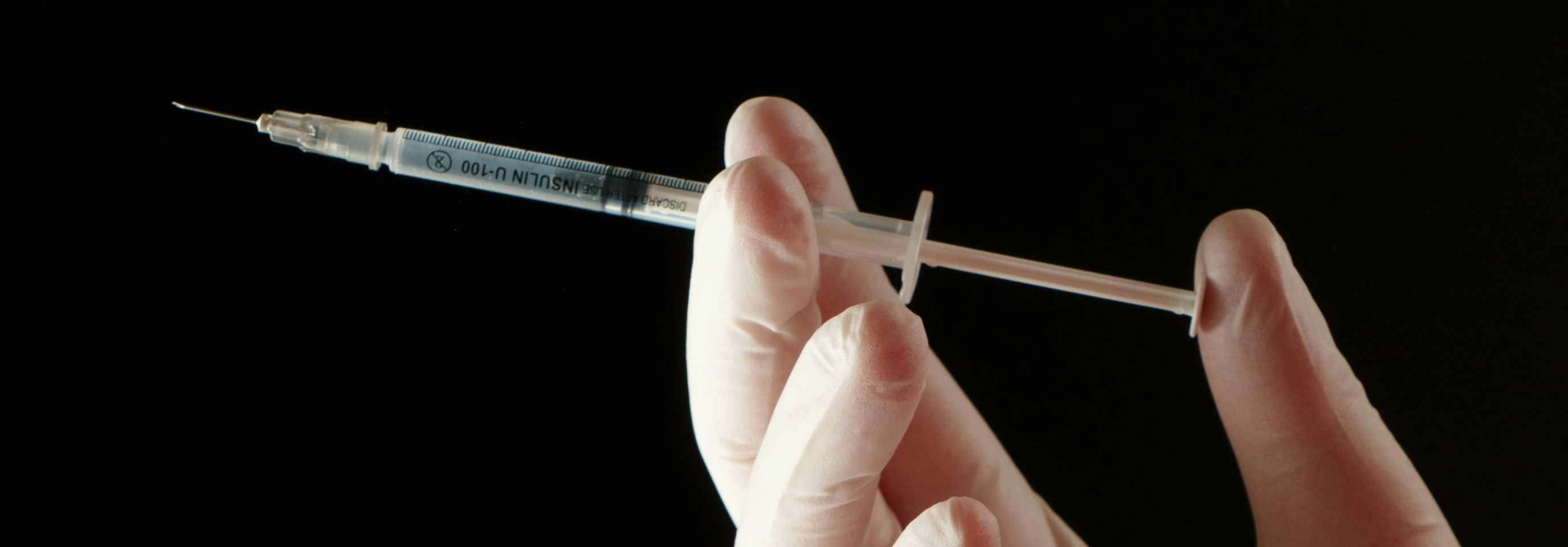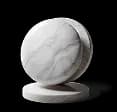WHAT YOU'RE REALLY GETTING INJECTED — AND WHY IT MATTERS
 4 min read
4 min read
 Photo by Dima Solomin on Unsplash
Photo by Dima Solomin on Unsplash
Injectables are now a regular part of many people's beauty routines — whether it's smoothing lines, restoring volume, or enhancing facial features.
But most people don't realise that the exact same treatment — for example, anti-wrinkle injections — can involve very different products. Some are well known and widely approved. Others are lower-quality, unregulated, or even counterfeit.
And in many UK clinics, you won't be told which one is being used.
This guide explains why that matters — and what to look out for.
NOT ALL INJECTABLES ARE THE SAME
When you book a treatment, you're not just choosing what result you want. You're also trusting what product is going into your face.
There are many different injectable products used in the UK — especially for anti-wrinkle injections and dermal fillers. Some of the most commonly used, regulated options include:
Anti-wrinkle injections
- Botox
- Bocouture
- Azzalure
- Dysport
- Alluzience
Dermal fillers
- Juvederm
- Teoxane (Teosyal)
- Restylane
- Belotero
- Stylage
These are made by established pharmaceutical companies, have been clinically tested, and are either CE marked (for European/UK approval) or FDA approved (in the US).
But not all clinics use these products — and not all products on the market meet these standards.
WHAT "APPROVED" ACTUALLY MEANS
When a product is CE marked or FDA approved, it means:
- It's been tested for safety and effectiveness
- It's manufactured under strict conditions
- It's traceable and quality-controlled
If a product doesn't have this level of approval, it hasn't been through that process — and that brings real risks.
SO WHY WOULD A CLINIC USE SOMETHING ELSE?
In short: price.
Unapproved or grey-market products can cost a clinic much less to buy, which means bigger profit margins or lower prices for patients.
But these products may be:
- Poorly manufactured
- Less consistent in their results
- Improperly stored or handled
- Bought from unofficial or even illegal sources
Some counterfeit products are packaged to look like legitimate brands, but contain unknown or contaminated ingredients.
WHAT CAN GO WRONG?
Injectables are generally safe when done by trained professionals using regulated products. But when unapproved or poor-quality products are used, the risk increases.
You could experience:
- Inflammation or swelling
- Allergic reactions
- Infection
- Uneven or short-lasting results
- In rare cases, more serious complications like blocked blood vessels or tissue damage
These risks are rare — but they are real. And many of them are preventable when the right product is used.
HOW TO PROTECT YOURSELF
You don't need to memorise every brand name. You just need to ask the right questions.
Before your appointment, ask:
- What product are you using for this treatment?
- Is it CE marked or FDA approved?
- Where do you get it from? (It should be a licensed UK pharmacy or distributor.)
- Can I see the box or packaging?
A good practitioner will be happy to explain what they use and why.
FINAL THOUGHTS
Injectables can be powerful, safe, and confidence-boosting — but only when done with the right product, by the right hands.
In the UK, clinics aren't legally required to tell you what they're injecting. That makes it even more important to ask.
Because behind every treatment, there's a product — and not all of them are created equal.

